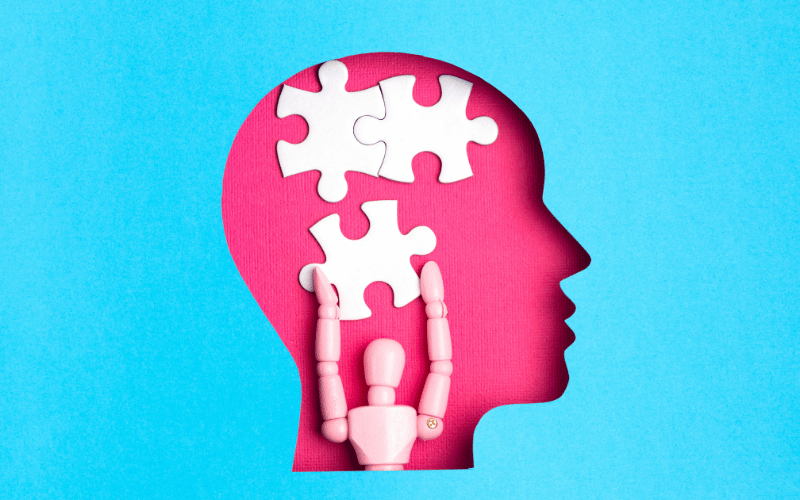Cause 8: Cognitive Distortions

How we see, interpret, and react to the world around us determines our experience of it. For someone with BPD, cognitive distortions significantly alter this perception. These aren’t simple misinterpretations; they’re deeply ingrained patterns that twist the fabric of one’s reality. A glance becomes a glare, a casual comment transforms into a calculated insult, and unintentional oversights are perceived as purposeful slights.
These distortions aren’t standalone occurrences. They act like dominos, triggering a series of thoughts and reactions that can lead to volatile emotions and impulsive actions. For instance, when someone perceives a friend’s tardiness as a sign of indifference, they might react with anger or withdrawal. This reaction further isolates them, validating their distorted belief that they’re unlovable or unwanted. It’s a self-sustaining cycle, with each distortion feeding and validating the next.
But what makes these cognitive distortions so ingrained in some individuals? It often boils down to a combination of past experiences and negative self-beliefs. For instance, if a person has faced repeated rejections in the past, their mind may be primed to expect it in the future. This expectation then morphs into a self-fulfilling prophecy. By anticipating rejection, they might act defensively or push others away, leading to the very rejection they feared.
There’s hope, though. By recognizing these distortions, individuals can work towards dismantling them. Therapeutic approaches, especially cognitive-behavioral therapy, can help in identifying and challenging these patterns. With time and consistent effort, the twisted lens of perception can be corrected, paving the way for healthier interactions and self-beliefs.(8)